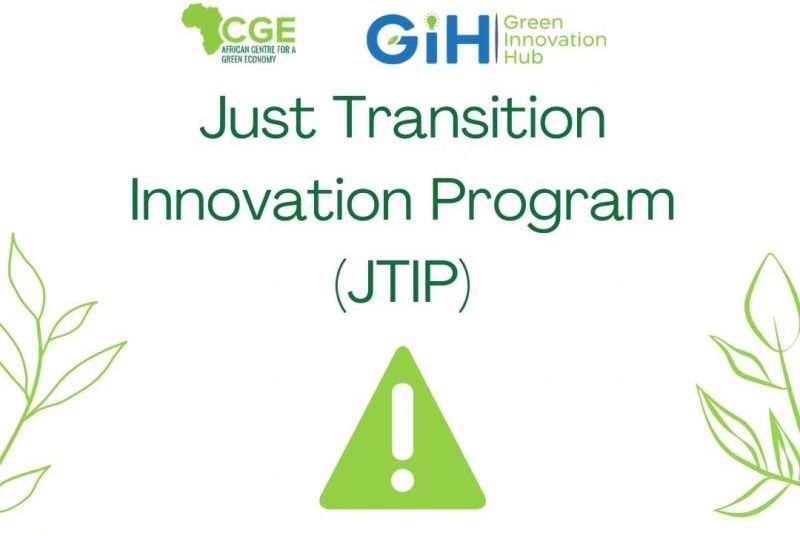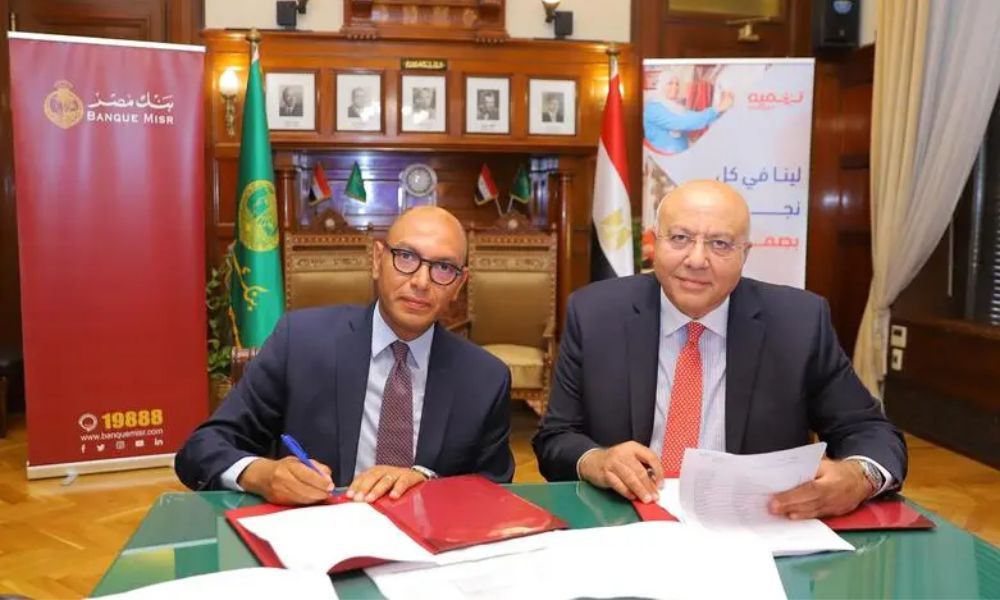Introduction
Kenya's Micro, Small, and Medium-sized Enterprises (MSMEs) are gearing up to make a lasting impact on the regional market. The stage is set for their participation in the 23rd MSME Exhibition and Trade Fair scheduled to unfold in the heart of Bujumbura, Burundi, from December 5 to 15. At least 300 Kenyan MSMEs will converge, underscoring Kenya's commitment to showcasing its offerings and cultivating export opportunities.
Kenyan MSMEs: A Quest for Regional Market Dominance
Kenyan MSMEs are on a mission to strengthen their presence in the regional market. Their strategic participation in the upcoming 23rd MSME Exhibition and Trade Fair in Bujumbura, Burundi, from December 5 to 15 is testament to their ambition. A legion of at least 300 Kenyan micro, small, and medium-sized enterprises (MSMEs) is primed to attend the fair. This endeavor underscores Kenya's resolute commitment to not only exhibit its array of offerings but also to foster the creation of export opportunities in the regional arena.
The Gathering of Regional MSMEs: Sharing Innovations and Experiences
The MSME Exhibition and Trade Fair in Bujumbura, Burundi, will serve as a platform for over 1,500 regional MSMEs to showcase new products, innovative services, and the experiences that have propelled them through economic challenges. The committee responsible for vetting the participating SMEs has been commissioned, underlining the significance of this event.
CS Simon Chelugui's Call to Action
Co-operatives and MSMEs Cabinet Secretary, Simon Chelugui, expressed the pivotal importance of this event during a gathering in Nairobi. He called upon Kenyan entrepreneurs to seize this golden opportunity to share knowledge, establish new business ties, unveil innovative products and services, conduct test marketing, and elevate the brand and corporate image of products and enterprises hailing from the East African Community (EAC) region.
Chelugui, in emphasizing the event's significance, also stressed that the committee should ensure that representation is secured from all 47 Kenyan counties.
The EAC Exhibition: A Tradition of Expansion and Integration
The East African Community (EAC) Exhibition stands as an annual tradition that historically unites MSMEs from East Africa's partner nations. Its purpose extends to expanding market reach, sharing technologies, and promoting regional integration.
Selecting the Elite 300: A Data-Driven Approach
The MSME Authority Chairman, James Mureu, provided insights into the selection process of the 300 MSMEs poised to participate. He disclosed that a data-driven approach has been adopted, incorporating robust key performance indicators (KPIs) such as the number of locally made products to be sold during the trade fair, the volume of value-added local products traded, the growth of MSE revenue through product and service sales, and the number of new leads generated from established contacts.
Expanding the Horizons: The Role of the DR Congo
The recent inclusion of the Democratic Republic of the Congo (DR Congo) into the EAC has ushered in a remarkable expansion in market size and GDP. This development has rendered the EAC region fiercely competitive and more accessible, thanks to its integration with the larger African Continental Free Trade Area.
Intra-regional Trade Soars: A Significant Economic Upswing
Intra-regional trade within the EAC has witnessed a remarkable upward trajectory, with a recorded value of $10.17 billion (Sh1.5 trillion) as of September 2022.
A Vision for the Future: Industrialization and Sustainability
The trade fair's objective aligns with the East African industrialization strategy, which seeks to increase intra-regional manufacturing of exports relative to total manufactured imports in the region to at least 25 percent by 2032, as emphasized by the MSME Authority.
CS Chelugui urged Kenyan MSMEs to explore trade and investment prospects in areas such as agro-processing, education, health, finance, energy, light manufacturing, and construction.
In the wake of economies recovering from the impact of the Covid-19 pandemic, the significance of local sourcing and deepening value chain frameworks to ensure business resilience cannot be overstated.
This initiative is not only about the growth of MSMEs but also involves enhancing MSME awareness, fostering transparency in digital markets and trade, and ensuring compliance with international quality standards. Ultimately, this paves the way for Kenyan businesses to enter foreign markets with greater ease.




